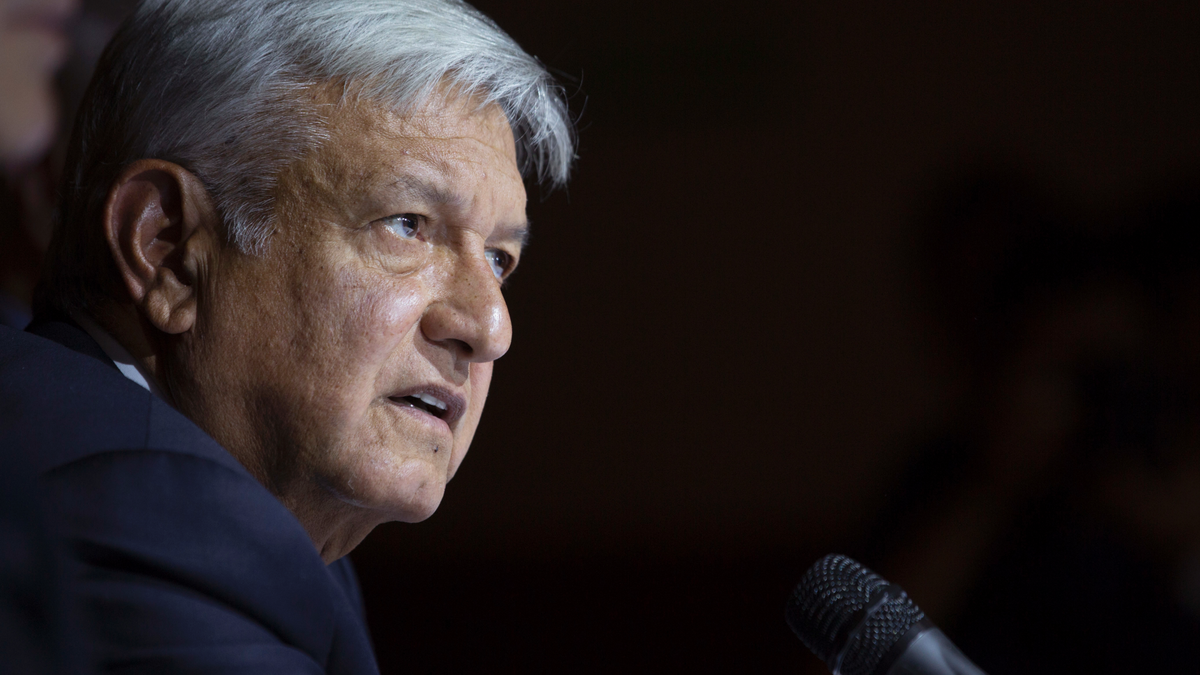
MEXICO CITY – The security advisers for President-elect Andres Manuel Lopez Obrador said Friday that amnesty legislation aimed at lessening violence will be developed with the input of crime victims and presented to Mexico's congress.
Alfonso Durazo, proposed as the new administration's public security minister, said the amnesty law would be part of a "Mexican recipe for peace." Amnesty would not be given at the discretion of the president, he said. Congress will have the final word.
"The objective of this law is to bring youth who for various reasons of economic survival, extortion, pressure from organized crime are (working) in the illegal into the legal," Durazo said. There could be hundreds of thousands of youth working as lookouts for organized crime, he said. "We have to give them a way out."
Lopez Obrador's opponents attacked him throughout the campaign about the amnesty idea, but he won a landslide election victory July 1 and will take office Dec. 1. He met with the security members of his proposed Cabinet on Friday.
Olga Sanchez, the proposed interior secretary, said the president-elect had made clear that Mexico's runaway violence will not be addressed with more violence. She also mentioned the possibility of reducing some criminal penalties without providing more detail.
Mexico is on pace to have more killings in 2018 than in any other year in at least the past two decades. More than 200,000 people have been slain since the country began waging a war on drug cartels when President Felipe Calderon took office in late 2006.
Lorreta Ortiz, Lopez Obrador's human rights adviser, said the new administration will immediately begin holding citizen forums and knocking on doors around the country to gather input that can be used to develop amnesty legislation.
"At the outset, no one who has committed a violent act, a single violent act, will receive amnesty," Ortiz said. Those who could be eligible would be children and women recruited by organized crime to work as lookouts or mules, rural farmers who grow drug crops and people imprisoned for political crimes based on ideology.
Durazo said the administration will also work to improve the capabilities of police so the military can be removed from the policing role it has been serving for years in some parts of the country.
The new government will improve filters to intercept illegal guns and drug proceeds flowing into the country, and authorities will focus on going after cartels' finances with bolstered financial intelligence, he said.
Durazo cautioned that the problem of spiraling violence did not appear in a day and "it is not going to be resolved in a day."




















